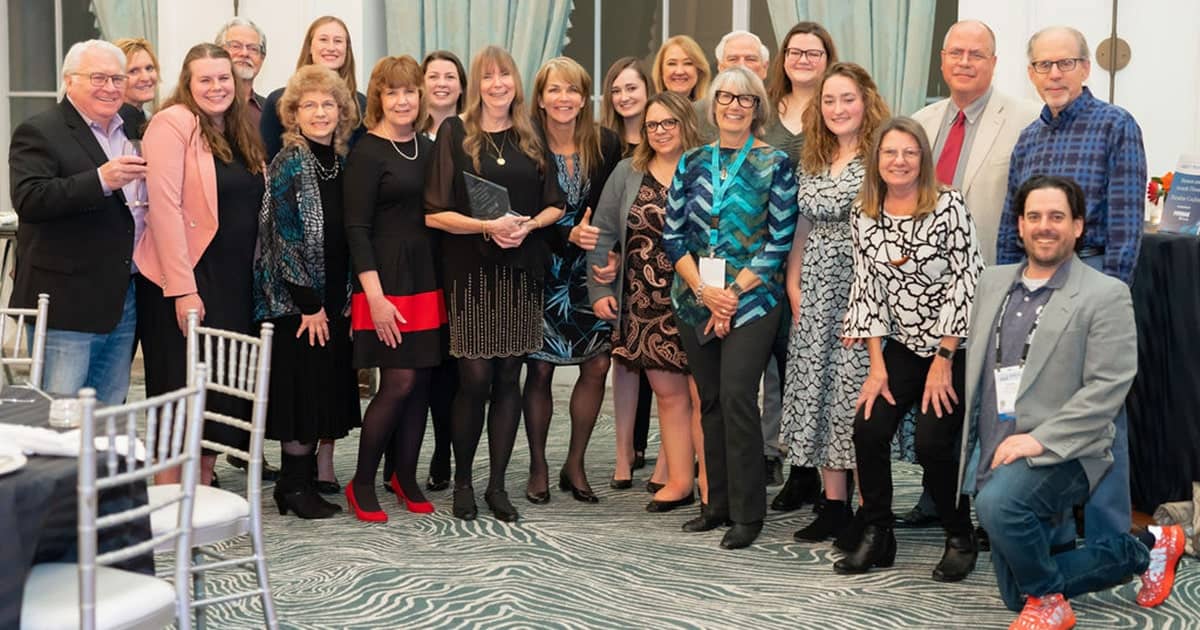The relationship between hearing loss and cognitive status has long been recognized with significant work in the early 1980s. Nonetheless, the complexity of hearing loss, complexity of cognitive function, and predominance cross-sectional work has limited ability to confirm or deny a causal relationship. If a relationship exists, causal or not, it is plausible that treatment of hearing loss may reduce risk or mitigate evidence of cognitive decline with age.
Recently, Sarant et al (2020) assessed a group (n=37) of older adults (aged 62-82 years) with hearing loss, but no previously diagnosed or suspected cognitive impairment before and 18 months after being fit with hearing aids. The total sample was comprised of 98 participants, but only a subset (n=37) completed the 18-month assessment.
The participants completed measures of cognitive function (Mini Mental State Examination, CogState Cognitive Battery, and, Groton Maze Learning Test, and more), speech perception, quality of life, physical activity, loneliness, isolation, and more prior to fit and 18 months post fitting of hearing aids. Participants were fit with NAL-NL2 prescription and adjusted based on patient preference. Of note, the CogState Battery is visually presented to diminish influence of hearing and audibility on test performance.
At 18 months after hearing aid fitting, group mean scores across the CogState battery showed no significant change. However, a significant improvement was observed in the Groton Maze Learning (GML) Test overall, suggesting improved executive function. The performance on the GML varied by hearing aid use, with use greater than 90 percent of the time showing larger gains. However, hearing loss was observed to be greater in severity among persons with lower education. This is important, as age, hearing loss, and education level were all significantly related to cognitive function. Hearing loss was associated with executive function controlling for other explanatory variables (age and education). It is unclear if the persons using hearing aids at a greater rate were higher educated; however, female participants did show higher use of hearing aids.
Finally, the data was not compared to a matched control group to rule out learning effects associated with the test battery. Other tests did show improvement including working memory, visual attention, and visual learning, but in females only. Other noteworthy findings included improved self-reported quality of life with hearing aid use.
Despite the small sample size, lack of control group, and potential confounds, the authors showed statistically significant improvement in some measures of cognitive function with 18 months of hearing aid use. Further data collection, comparison to a matched control group, and adjustment of confounding variables will be necessary to determine the application of hearing aids in mitigating risk for cognitive decline.
For more information see the open access article by Sarant et al (2020). The effect of hearing aid use on cognition in older adults: Can we delay decline or even improve cognitive function?
Reference
Sarant et al. (2020) The Effect of Hearing Aid Use on Cognition in Older Adults: Can We Delay Decline or Even Improve Cognitive Function? J. of Clin Med. 9(1):254.
Recent Posts
Join the AAA Foundation at AAA 2026
The future of audiology depends on bold ideas, strong leadership, and a commitment to continuous advancement. The American Academy of Audiology Foundation fuels that future….
Two Fronts, One Goal: Securing Federal Loan Access for Audiology Students
The Academy is pursuing a two-pronged strategy through Congress and the Department of Education to protect federal student loan access for AuD students. Both pathways…
Leveling the Playing Field at AAA 2026
Wednesday, April 22 | 12:30–2:00 pm Earn 0.15 CEUs Concussion care is no longer a single-discipline effort. As research continues to reveal concussion as a…


